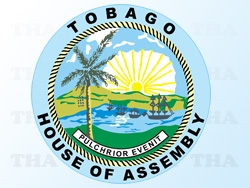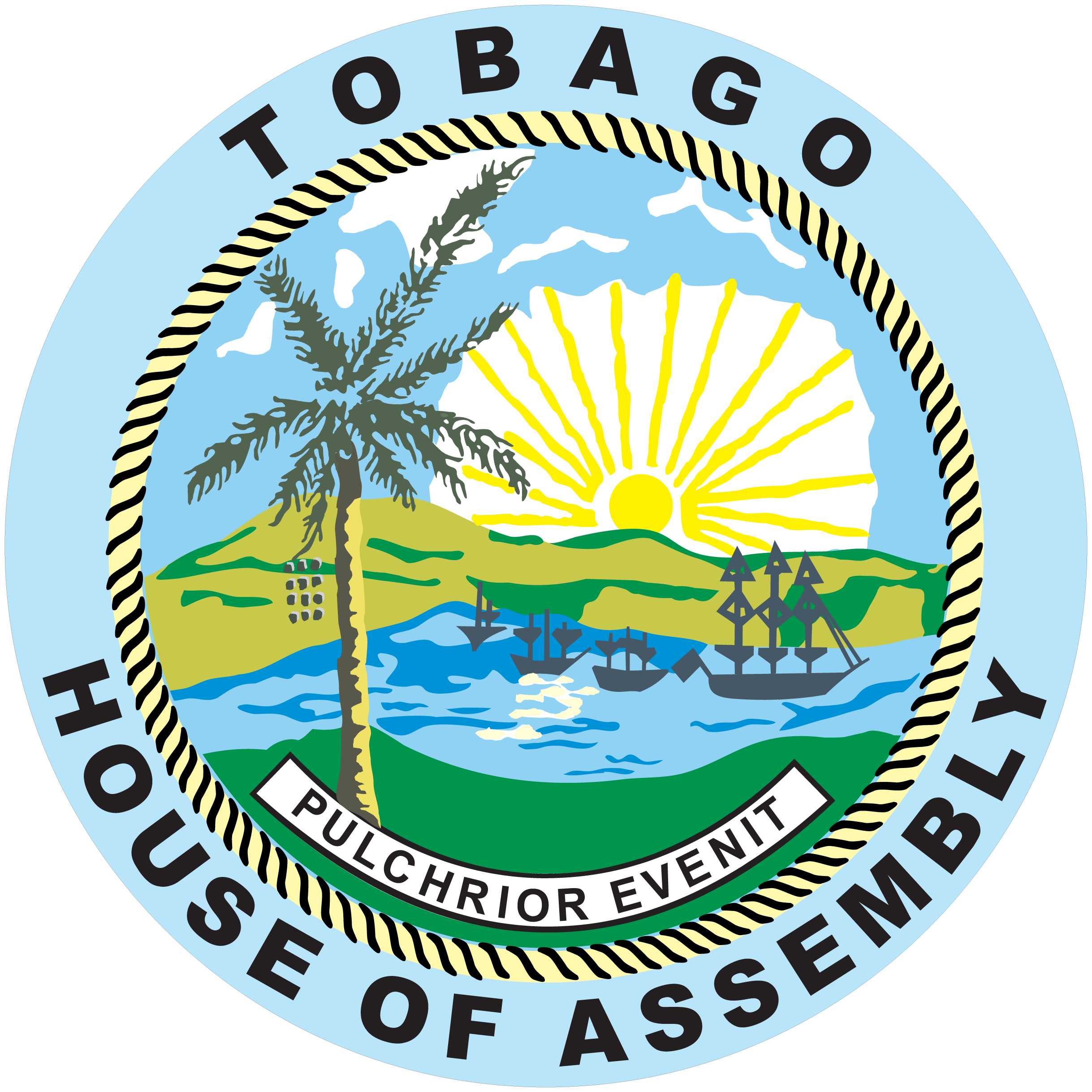
Director of Milshirv Properties Limited John Aboud said at the launch that the project was delayed for 12 months and construction by the main contractor Beaver Construction Limited which resumed last month will take 16 months. To mark the occasion two poui trees were planted at the entrance to the property at the corner of Milford and Shirvan Roads by Chief Secretary Orville London, Secretary of Finance and Enterprise Development Joel Jack and Secretary of Agriculture, Marine Affairs, Marketing and the Environment Godwin Adams.
Addressing guests Jack said the Milshirv project was important to Tobago’s development delayed but not stifled by agents of the Central Government; it will comprise 82,954 square feet of office space for use by the Division of Agriculture, Marine Affairs, Marketing and the Environment by way of a BOLT (Build-Own/Operate-Lease-Transfer) arrangement.
He said on completion the building will be leased to the THA for between five and 30 years; however, he added the Assembly will occupy the property and repay the project sponsor Almera Limited on a lease-to-own basis, for a period of up to 20 years. “This is a $143 million investment by the project sponsor, and involves no initial cash outlay by the Assembly. On completion, the Assembly will make annual lease payments and take ownership of the property, the land and the building after a maximum period of 20 years,” he said.
He explained that the complex consisted of three acres of land valued by the Valuation Division of the Central Government at $12 million, the price paid by the Assembly and added that the subsequent lease of the land to the project sponsors facilitated the financing of the project by the commercial banks, while at the same time while reducing the costs of the project to the Assembly.
Jack said it was envisaged that the Assembly will save an estimated $8.1 million in annual rental payments by the Division of Agriculture, Marine Affairs Marketing and the Environment that will amount to some $162 million over 20 years, even without accounting for inflation in rental costs over time.
He said Tobago’s development in 2013 continued to be underfunded as the eventual budgetary allocation had fallen extremely short of projected needs. In response to this underfunding, the Executive Council had approved a policy proposal by the Secretary of Finance and Enterprise Development that recommended the use of public private partnership (PPP) arrangements to accelerate the Assembly’s public sector investment programme. “This policy provides the framework within which the Tobago House of Assembly will approach the financing of the public sector investment programme in Tobago, with special attention to the unique circumstances of the housing sector,” he said.
He said it was an unfortunate fact that no Central Government Administration has ever acceded to a request from the Assembly to engage in non-cash or debt financing, in order to finance its capital expenditure programme.
He said there were a number of potential PPP projects in Tobago at the moment including the Administrative Building for the Division of Education, previously being advanced by Ansa Merchant Bank, the Bacolet Indoor Complex and Aquatic Centre, the construction of factory shells at Cove and public housing development. He added that significant work can also begin towards developing a project pipeline using established practices such as feasibility and pre-investment studies for expanded tourism facilities, such as a five-star hotel, a marina, a new cargo port to facilitate economic diversification, specifically at Cove, road and highway construction, medical tourism facilities, the proposed specialist clinic project at Adventure and administrative buildings for all Divisions, except Finance and Infrastructure that already have theirs.
Jack said in 2014, Tobago will break out of the cycle of allowing the Central Government to control its destiny by the manipulation of the purse strings and will therefore challenge the application of the Dispute Resolution Commission’s ruling in relation to the calculation of Tobago’s funding. “This is in the interest of achieving greater fiscal flexibility for the Assembly and our development delivery capability which no doubt would have been significantly improved, had the annual parliamentary allocation been closer to the mean or the maximum recommended by the DRC,” he said.
